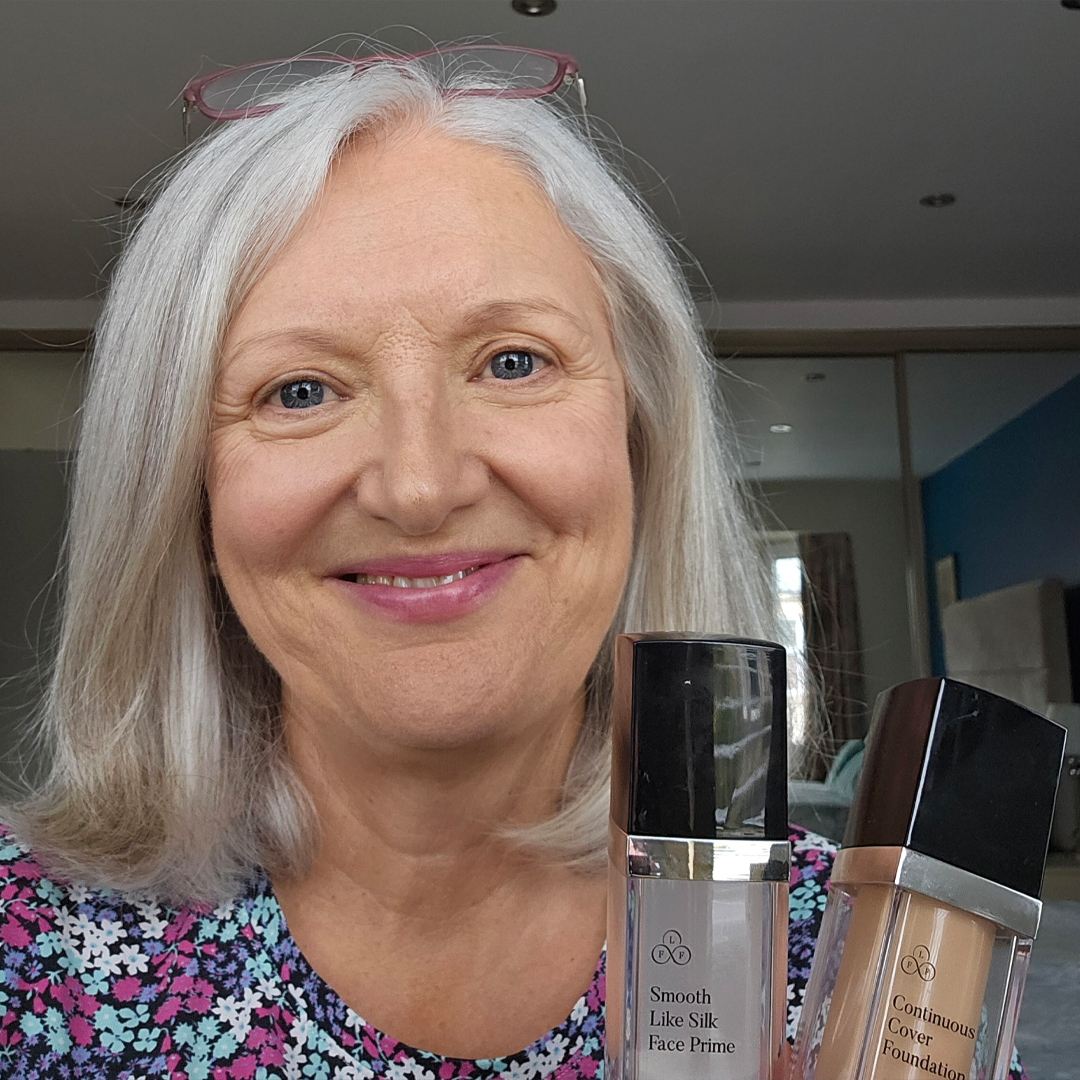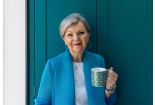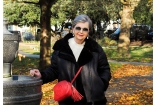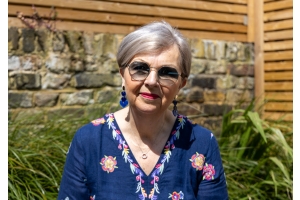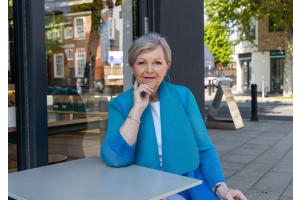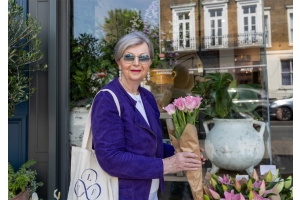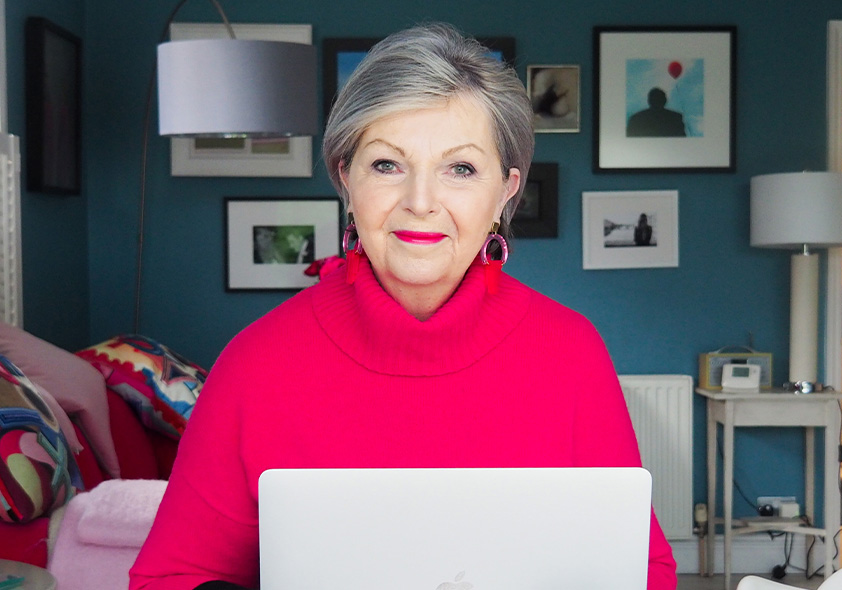
How conscious are you from day to day about how well you are feeling? Whenever we meet someone, whether an old friend or a fairly new acquaintance, we often ask them how they are. This is rarely because we actually want to know the answer, but more to oil the wheels of social discourse. Invariably we hope and expect the answer ‘I’m fine thanks’ followed by ‘and how are you?’ Recently I haven't been feeling at all well which I have shared with some people when it felt appropriate, and which I have now decided to share with all of you.
Having a serious health scare, especially at the age of 76, has been illuminating and it has made me properly confront my own mortality for the very first time.
My problem started several weeks ago with weird, random low grade stomach pains. I would describe it as discomfort more than anything else, but during the day I started to long for the moment after my evening bath when I could wear my lovely loose pyjamas rather than trousers with a waistband digging into me. At times my tummy was very bloated and from the side I looked like one of those poor people with distended stomachs due to insufficient food. I also had appalling heartburn and indigestion and would literally burp continuously all day long. My appetite wasn’t great either and I often couldn't manage a normal sized plate of food.
A couple of months ago at our customary Sunday roast meal, my daughter Anna noticed how little I had eaten and asked me what was wrong. As usual I’d been burying my head in the sand, but she was having none of it, so, encouraged (goaded) by her, I spoke to a GP who went through various questions about symptoms relating to different cancers and at the end she said that I should see a gynaecologist to investigate the possibility of ovarian cancer, because I ticked all the boxes for what is known as ‘the silent killer’ because 70% of sufferers only have symptoms when the disease is well advanced.
My case was flagged as urgent and I was booked to see a consultant gynaecologist very quickly. However, before that initial appointment and the tests he ordered, I still had several days (and nights) to ponder the fact that my life might be about to take a very different turn for the worse. I am at an age at which I have started to go to funerals and memorial services. Having not been to a funeral since the death of my parents over thirty years ago, I have attended two in the past year. One was to commemorate the life of a 67 year old male friend who succumbed to cancer within six months of diagnosis, and the other was a close friend’s husband who died in February of Alzheimers, aged 75.
As you would expect of two people who were very much loved, these occasions were poignant, moving and sad. They also reminded me that one day my family and friends would gather to say goodbye to me and quite suddenly this prospect seemed very real. I didn’t react in the way that I would have expected, which is why I wanted to write about this here. First and foremost I was not frightened about dying, but I was very anxious about how the process of my dying might be handled by the medical profession. As I sat in the waiting room to see the consultant for the first time, I kept thinking ‘Is this the start of endless visits to hospital for tests, treatment, operations, chemotherapy, radiotherapy and so on and so forth?’ And overwhelmingly I thought: ‘that is not what I want in my life if my prognosis is really dire’. This thought led me to the notion of quality of life versus quantity of life.
As a family we have already looked the subject of quality over quantity of life firmly in the eye. When my special granddaughter India was six months old and in intensive care on a CPAP machine because, even with a tracheostomy, she was unable to breathe unaided, we discussed at great length what we did and didn’t want for her future. We came to the conclusion that if her life continued to be so terribly compromised to the extent that she would forever be confined to a room attached to a machine that breathed for her, It would constitute a very poor quality of life. For a couple of months it was touch and go, but very gradually India was able to spend more and more time breathing without the machine except for 12 hours at night. By which time her life definitely had a quality which made it worth living.
Many of you will know of Dame Esther Rantzen’s campaign to introduce a bill to allow Assisted Dying because she herself is terminally ill with lung cancer. This was last debated in Parliament in 2015 when there were 330 votes against and 118 votes in favour of the motion. Public opinion has always been very strongly in favour of such a bill, and there is some belief that a similar move might be more successful now than it was nine years ago. I very much hope so, because, as I said, my fears were all about how the medical profession might respond to me if I was diagnosed with late stage ovarian cancer, and if I therefore decided that I didn’t want aggressive treatment.
After my initial consultation, the gynaecologist ordered two scans, a trans-vaginal one and one of my stomach area, along with various blood tests to look for any tumour markers. I went along for the scans about 3 weeks ago and the doctor told me immediately that she couldn’t see anything untoward and that my ovaries were both a normal, small size. Cue a flood of enormous relief. I had a zoom call on Saturday with the consultant who told me that the tumour markers for stomach, pancreatic and kidney cancer were all normal and that the CA125 blood test for ovarian cancer showed it slightly raised at 46, but that if I had cancer it would be over 400. He is therefore going to monitor this for the next 2-3 months with further tests.
There were a couple of red flags on my liver test results. I have (non alcoholic) fatty liver disease, which was flagged on a scan a few years ago, and raised levels of one marker which also showed up in 2017 when I had a full medical, but is now much higher. So, these may need further investigation by another specialist, but the gynaecologist assured me they are unlikely to be immediately life-threatening.
As to the stomach pains, bloating, indigestion and general discomfort, I have been eating (fermented) kefir every day for a few weeks and guess what? A bad reaction causes all those symptoms, so naturally I have stopped eating it. I have also consulted my favourite guru Dr Michael Mosley and decided to lose some weight using his Fast 800 diet for two weeks followed by the 5:2 eating programme of 800 calories just for two days a week until I feel better and my very tight waistband has eased. Mosley promises that his Fast 800 method of eating drains the body of visceral fat in the stomach and liver, so I will give it a go.
And if you were to ask me today how I am, I’d say ‘fine thanks’ and, naturally, I am also mightily relieved. At the moment I am only on the third day of my new eating regime but I’m highly motivated and determined to lose all that hidden fat around my middle. Hopefully this will also help with the soreness and the bloating.
I’ll let you know in a month or so how I am getting on with it all.
Tricia x
Watch Our Latest Video...
How to Create a Flawless Base for Women Over 50
Christine shows you how to achieve a flawless, smooth, and natural base using our face base products...
Upcoming Events:
Friday 17th May
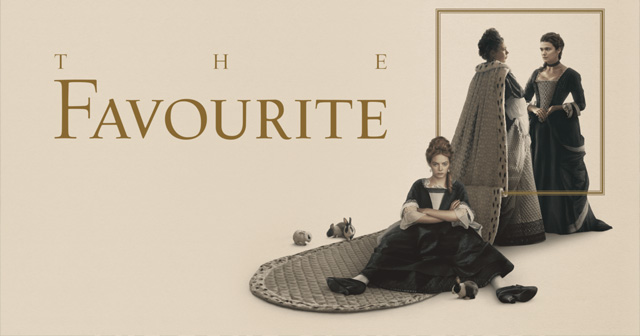

Film Club: The Favourite
Available on Amazon Prime
Watch the film beforehand and join us for a group discussion!
Day: Friday 17th May 2024
Time: 4 pm
Link: https://us02web.zoom.us/j/86109288705?pwd=TUgzQW5IK0VnUGI2MGdtb0FQN3hxZz09
Meeting ID (if needed): 861 0928 8705
Password (if needed): LOOKFAB


